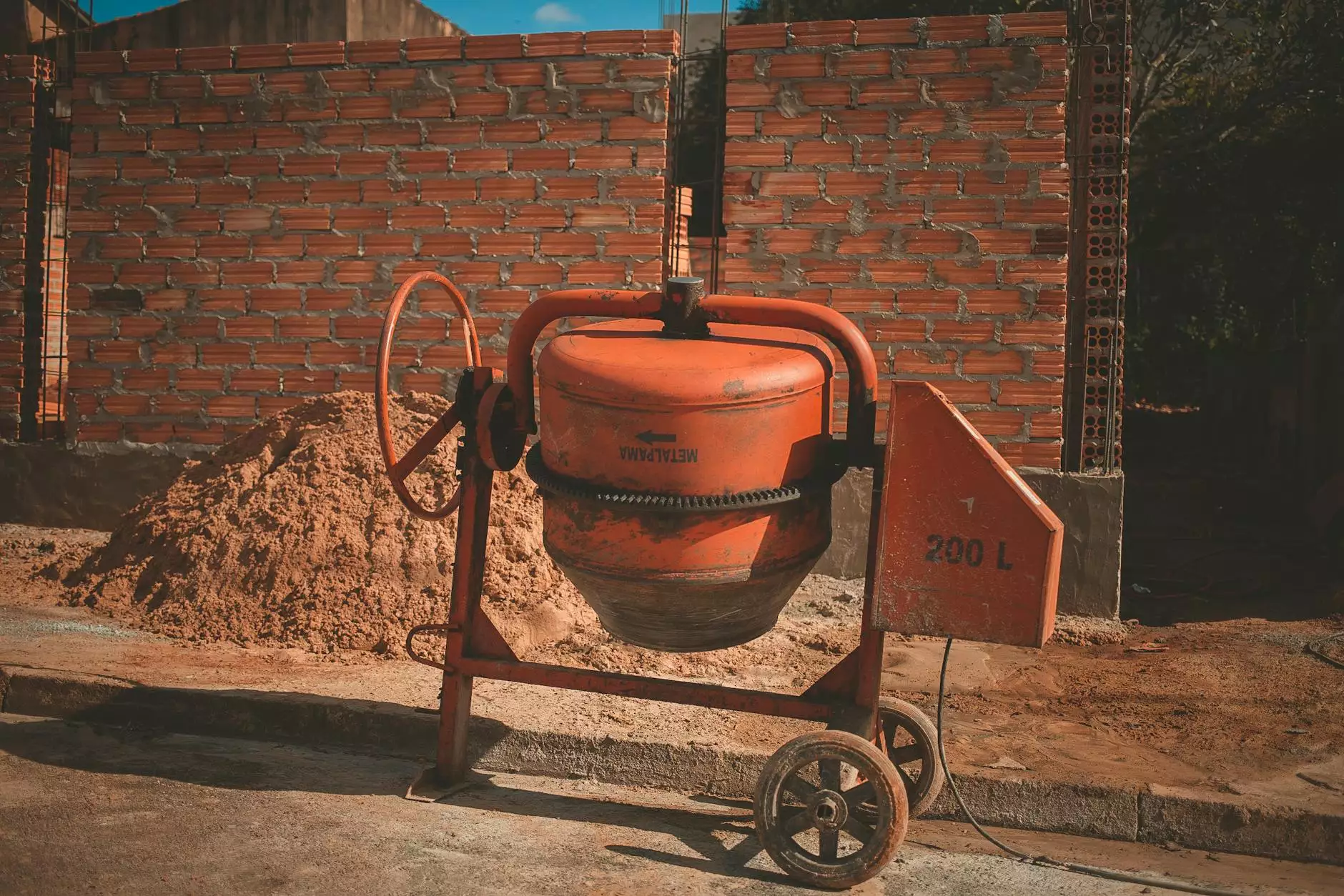Understanding the Business of Sex for Sale in the Philippines: An In-Depth Perspective

The landscape of adult entertainment in the Philippines is a complex and multifaceted industry that has evolved over decades. While often shrouded in controversy, this sector plays a significant role in the socioeconomic fabric of the country. This comprehensive guide aims to delve into the intricacies of sex for sale in the Philippines, highlighting its economic impact, cultural implications, legal landscape, and the lives of those involved.
Historical Context and Cultural Background of the Filipino Adult Entertainment Industry
The history of adult entertainment in the Philippines traces back to traditional cultural expressions, evolving into a modern industry influenced by global trends and local customs. Historically, the Philippines has had a conservative societal outlook shaped heavily by religious beliefs, primarily Filipino Catholicism. Yet, despite conservative values, the demand for various forms of adult entertainment has persisted and expanded.
In the 20th century, urban centers like Manila became focal points for clandestine activities related to sex for sale, fostering a clandestine economy that has gradually transitioned into a more organized sector. Today, the industry manifests in various forms—ranging from street-based services to high-end escort agencies and online platforms—reflecting societal shifts and technological advancements.
The Economic Significance of the Sex for Sale in the Philippines Industry
Understanding the economic dimension of this sector reveals its substantial contribution to local economies. The industry provides employment to thousands, including sex workers, managers, security personnel, and service providers. In many urban areas, especially those frequented by tourists, the industry generates significant revenue through tourism, entertainment venues, and related businesses.
Some key economic impacts include:
- Employment Opportunities: Many Filipinos find work in establishments that cater to the adult entertainment industry, supporting their families and contributing to local economies.
- Tourism Revenue: Sex tourism, though contentious, remains a component of the tourism sector, attracting visitors seeking adult entertainment experiences.
- Business Ecosystem: From hotels to nightclubs, and online platforms like pinaypuke.com, numerous businesses thrive within this industry.
Legal Framework and Challenges Surrounding Sex for Sale in the Philippines
The legal status of sex work in the Philippines is complex. Officially, prostitution is considered illegal under the Revised Penal Code, yet enforcement varies significantly across regions. In most parts of the country, sex work operates in a legal gray area, with authorities often turning a blind eye, especially in tourist hotspots.
The government periodically launches campaigns aimed at controlling illegal activities and protecting vulnerable individuals from exploitation. However, issues such as human trafficking, abuse, and unsafe working conditions remain prevalent, complicating the legal landscape.
Strengthening legal protections, providing social services, and regulating the industry are essential steps to ensure safety and human rights for those involved in sex for sale in the Philippines.
Profiles and Lives of Filipino Sex Workers
Understanding the reality faced by Filipino sex workers is vital to grasping the industry's depth. Many enter the scene due to economic necessity, limited employment opportunities, or coercion. Among them, women form the majority, although increasing numbers of male and transgender workers are also involved.
Living conditions vary widely—some operate independently, while others work under exploitative circumstances. Society’s stigmatization creates barriers to social integration for these individuals, affecting their mental health and future prospects.
Efforts by NGOs and government agencies continue to focus on harm reduction, education, and providing alternative livelihood programs to empower these workers and reduce vulnerability.
Digital Platforms and the Rise of Online Adult Entertainment
The digital age has transformed the landscape of sex for sale in the Philippines. Online platforms like pinaypuke.com exemplify how technology facilitates connection between clients and service providers. These platforms offer anonymity, safety, and convenience, aligning with contemporary consumer preferences.
The online adult entertainment industry is expanding rapidly, providing a lucrative avenue for Filipino freelancers and entrepreneurs. This shift toward digital transactions also raises questions about regulation, security, and privacy that are ongoing concerns for policymakers and industry stakeholders.
Safety, Rights, and Ethical Considerations
While the industry sustains many lives and economies, there are significant concerns over safety and human rights. Exploitation, trafficking, and coercion are serious issues that tarnish the reputation of the sector. Advocates argue for a balanced approach—ensuring safety, safeguarding rights, and reducing exploitation while respecting personal choice.
Measures to enhance safety:
- Legal Protections: Developing legislation that supports workers’ rights and safety protocols.
- Access to Healthcare: Providing health services, including STI testing and mental health support.
- Community Programs: Education and outreach programs to empower individuals and promote informed decisions.
Future Trends and Outlook for the Industry
The industry of sex for sale in the Philippines is evolving alongside global trends and technological innovations. The future may see further digital integration, increased regulation, and efforts toward formal recognition and worker protection.
Potential developments include:
- Enhanced Regulation: Formalizing industry standards for safety and rights.
- Technological Innovations: Use of AI, virtual reality, and encrypted communication platforms to meet demand responsibly.
- Advocacy and Human Rights: Moving towards a society that recognizes personal agency and combats exploitation.
Conclusion: Navigating the Complex World of Sex for Sale in the Philippines
The industry surrounding sex for sale in the Philippines is multifaceted, deeply intertwined with cultural, economic, and social threads. While it provides livelihood opportunities for many Filipinos, it also presents challenges that demand careful regulation, respect for human rights, and comprehensive social support systems.
By understanding the nuances and respecting the dignity of those involved, stakeholders can work towards a more equitable and safe environment. For businesses like pinaypuke.com, maintaining professionalism, prioritizing safety, and promoting ethical practices are key to fostering a responsible sector that aligns with societal progress.









